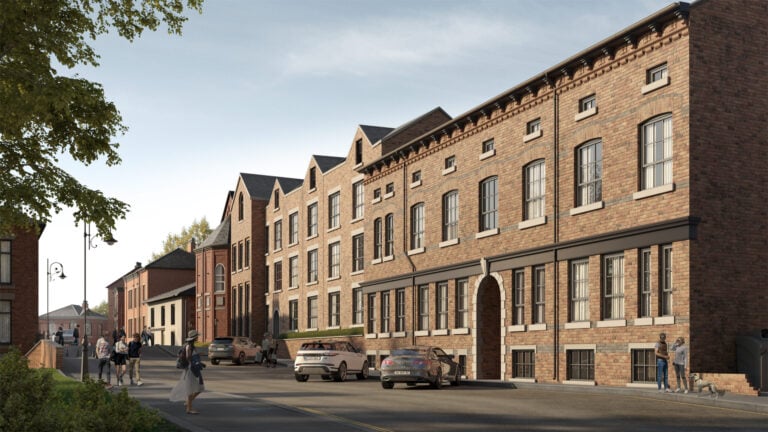Landlords deciding where to purchase their next rental home need to focus on what today’s tenants are looking for. And change is afoot, according to new research.
Times are changing, and never more so than in the past couple of years. Renting has always provided additional flexibility for tenants, who are able to relocate much more easily and frequently, if desired, than homeowners. But there could be more renters now looking for something a bit different from their rental property.
As more people than ever are now working from home in the long-term, for many this may mean a major change of scenery. Others are happy to stay put, if they’ve got the right property. But location is still important, as a new survey by SpareRoom has discovered.
Research into the moods and trends of tenants is important for property investors. Landlords toying with a new potential investment will always need to think about tenant demand, and ensure that it ticks the right boxes that renters are looking for.
City living for cosmopolitan tenants
Although London will always be a particularly attractive city for young professional tenant types, the shine is wearing off for some. SpareRoom’s research shows that nearly half (49%) of renting Londoners would relocate away from the capital if it did not affect their job.
Of those, almost a fifth (19%) said they would move to another city. The result shows that, while London may no longer tick all the boxes for some renters, being the most expensive rental market, city living is still preferable for many. Quality of life in these regional cities tends to be higher, with a better work-life balance and more affordable rents.
“A new town” was where a further 11% of London tenants would move to. This opens up the likelihood of smaller commuter towns in particular growing in popularity.
Interestingly, a huge 38% of renters currently living in London would move abroad if it didn’t affect their current job.
What do renters in the regions want?
Tenants who are already living in a major UK city also completed the survey. These ‘major’ cities included Birmingham, Brighton, Leeds, Liverpool, Manchester and Sheffield, among others. Similarly, 51% of this tenant type said they would move away from their current location if they could.
Almost a quarter of this group (22%) said they would like to live in another city. Again, this shows that appetite for city living is still there. As with Londoners, 11% would find a new town to live in to make the most of a more flexible job.
Just over a fifth (21%) of major city dwellers said they would like to move to the countryside, in a drastic lifestyle shift. This figure was 22% for Londoners. A further 37% would also consider a move abroad if that were an option.
Is the grass greener?
SpareRoom’s survey also looked at where non-city tenants would live if they could keep their current job. This tenant type showed a greater amount of dissatisfaction, with 62% saying they would move. Of these, more than a quarter (28%) said they would move to a new city; further confirmation that a metropolis is still something many renters aspire to live in.
Almost a fifth (18%) said they would prefer to live in a town, but just 25% have dreams of moving abroad. A very similar figure (21%) of non-city dwellers said they would move to the countryside.
SpareRoom director Matt Hutchinson says: “The pandemic has shown that most of us can work from anywhere, opening up the opportunity for people to choose a place to live because it better suits their lifestyle, rather than their commute.
“What’s clear from this research is that renters are eager for a lifestyle change, with the majority wanting to make the move, whether that be from a city like London or a small seaside town, if their employers allow remote working.”
Renting – a truly flexible lifestyle
Although the figure was smaller, a proportion of people in each category said that they “wouldn’t settle in one place” given the option. This demonstrates the absolute flexibility of renting, and why it may be a necessity for some but is certainly a lifestyle choice for others.
Almost one in 10 respondents (9%) overall said they would not commit to one location to live in. This rose to 10% for Londoners, but fell to 7% for non-city dwellers.
While homeownership involves greater levels of financial commitment, as well as a more time-consuming process to secure a property, moving home in the rental market is much less complicated. Many tenancy agreements in this country are for one year, although it is possible to get a six-month break clause.
For most landlords, though, the longer a tenant stays put in their property, the better. This means less rent is lost during a void period, and less time being spent finding new tenants. Property investors are increasingly willing to offer added extras in order to keep a tenant for longer, which is why build to rent is growing in popularity.









